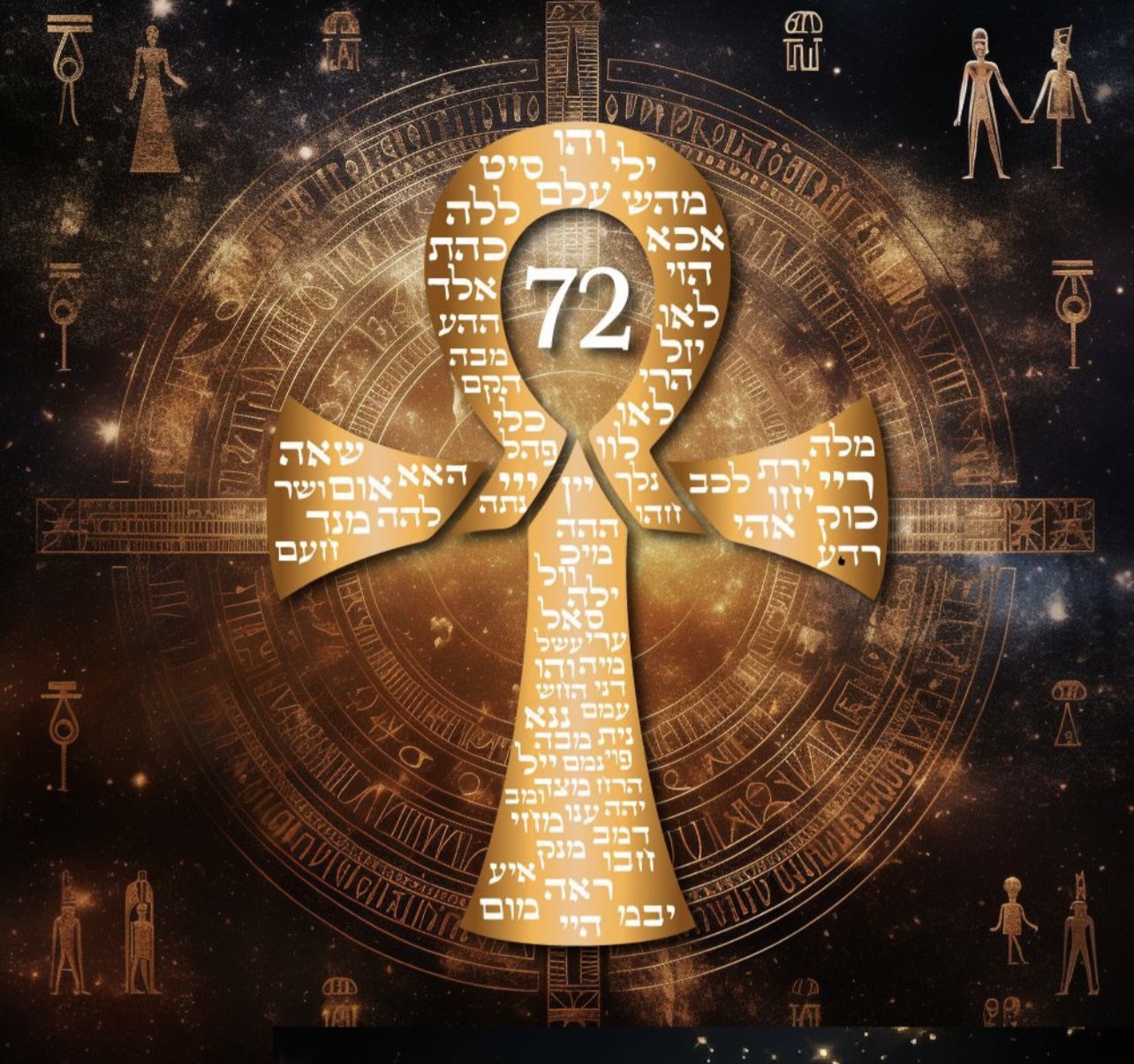The Currency of Childhood: How Early Survival Shapes Your Relationship with Worth and Money
- Sari Starr
- Apr 30, 2025
- 4 min read
As children, we entered the world assuming life would give us what we needed.
Love. Care. Nourishment. Safety. Attention.
These were not things we were supposed to earn — they were meant to arrive freely, woven into the very fabric of existence.
But for many, that wasn’t the case.
Instead, survival came with silent contracts. Love became conditional. Safety felt uncertain. And slowly, a hidden economy formed — one that deeply shaped our relationship with worth.
We began to internalize the idea that in order to be valued, we had to perform, please, or produce. Worth wasn’t inherent — it had to be negotiated. This unconscious framework still informs how we relate to money, to others, and to ourselves.
Some of us were born into environments where love was conditional, attention was scarce, or security was unpredictable. Even basic needs — food, affection, emotional regulation — came at a cost. Not always in literal terms, but through a subtle, often silent system of exchange: Be good and you’ll be held. Don’t cry and you’ll be safe. Please others and you’ll be loved.
In these early years, before we could form full sentences, a blueprint was quietly etched into our subconscious — a personal economy of survival.
This blueprint didn’t just shape how we felt about ourselves. It became the lens through which we saw the world: a place where everything had to be earned, negotiated, or fought for.
The Birth of the Martyr Pattern
When needs are not met consistently or unconditionally, the nervous system doesn’t forget. It learns to adapt — to perform, to please, to over-give. These adaptations help us survive emotionally and relationally, especially in environments where connection is transactional.
One of the most common survival strategies to emerge from this conditioning is what many now recognize as the Martyr pattern.
The Martyr is generous, often to a fault — but beneath the giving is a deep longing to be seen, valued, and loved in return. This archetype doesn’t ask for much out loud, but internally it keeps score. It overextends, but quietly expects reciprocity. And when that reciprocity doesn’t come, resentment builds. Exhaustion follows. Then disillusionment.
The pattern sounds something like:
• “After everything I’ve done, they still don’t appreciate me.”
• “I guess I’ll just do it — no one else will.”
• “Why am I the only one who shows up like this?”
• “I give so much, and still it’s not enough.”
This isn’t manipulation — it’s a survival strategy. It’s a younger part of us, still hoping that giving enough will finally unlock the love or safety that once felt out of reach.
The Invisible Contracts We Carry
At the root of the Martyr current is an unconscious contract: If I give enough, they’ll love me back. If I sacrifice enough, I’ll be safe.
But these contracts are rarely honored — not because others are unkind, but because they were never aware of them in the first place.
And so we find ourselves depleted, confused, and hurt — not only because we gave too much, but because we expected something in return that we never voiced. The ledger in our minds grows heavier with unmet expectations.
This internal economy becomes the blueprint for how we relate to money, relationships, work, and even our spiritual path. We come to equate effort with worth, depletion with value, and suffering with legitimacy.
Rewriting the Code
Recognizing this pattern is not an act of blame — it’s an act of liberation.
When we bring these dynamics into conscious awareness, we begin to disentangle our self-worth from our survival instincts. We can start to ask different questions:
• What would it look like to give without depletion?
• What would it feel like to receive without guilt?
• What if my value isn’t something I have to earn?
Rewriting this internal code takes time. It requires compassion, grief work, boundary-setting, and nervous system repair. But it’s possible.
And the freedom that emerges is profound:
💎 Generosity rooted in abundance, not obligation.
💎 Receiving that feels natural, not shameful.
💎 Relationships built on mutuality, not unspoken transactions.
💎 A sense of worth that is stable, not circumstantial.
You are not here to live in debt to your own heart.
You are not meant to barter your brilliance for scraps of safety or approval.
There is another way — one where your presence is enough, your boundaries are sacred, and your wealth is measured not just in currency, but in wholeness.
Would you like me to create a visual header image suggestion or a set of pull quotes for social sharing from this piece?
We begin June 18th.
🜃 Join The Medicine of Money a framework that revolves around the 7 archetypes of your wealth blueprint.
If you haven't already take the quiz and see which one is more prevalent in your life currently.
If you are saying “i can't afford” something in your life that you deeply desire… then I ask you if you even believe that this could change.
In Magick and Mystery,
Sari Starr









Comments